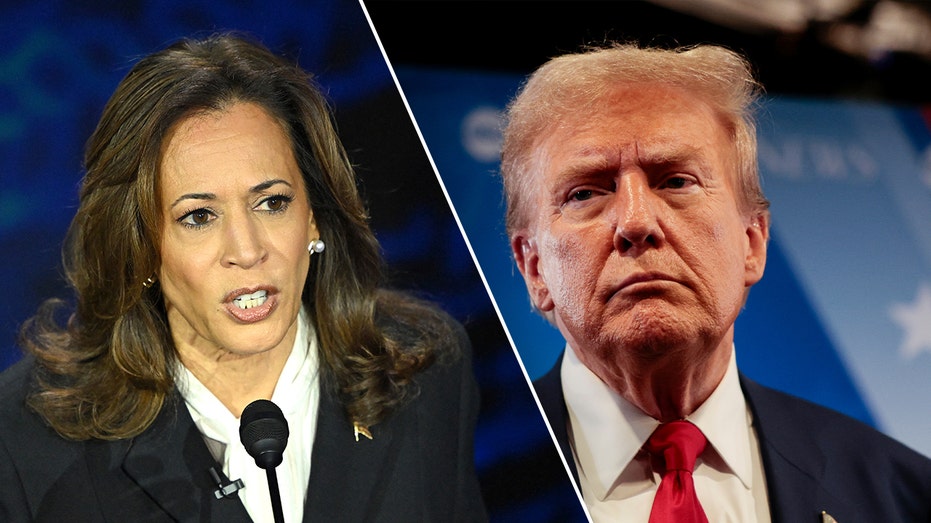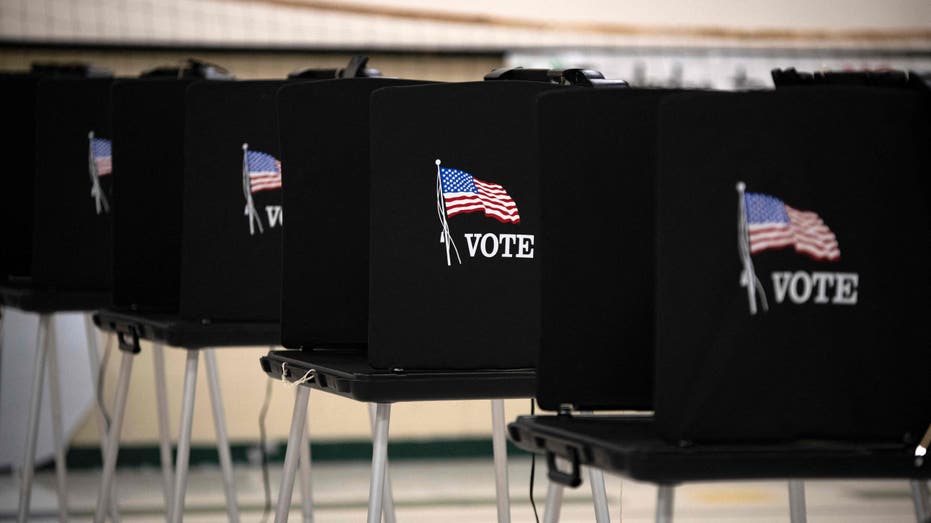Bringing in proportional representation is the best way of defending and rebuilding the legitimacy of our democracy
The classic argument for a first past the post (FPTP) voting system was that it kept the cranks at bay and delivered a stable, two-party system, with a third, challenger party that would give the impression of alternative options. It smacked of a slightly imperfect democracy even in the 20th century, when political allegiances were more fixed at an individual level, and the dominant parties differentiated themselves quite effortlessly at an ideological level. It was a system of representation that justified itself mainly on the principle that it wasn’t broke so why fix it, and when really pressed, used the spectre of some outliers who were too dangerous to be represented in parliament.
Yet whenever a fringe group found its voice some other way – in a local election or protest movement – it was often overtly racist. The National Front had the fourth-largest vote share for parts of the 1970s, the BNP had 50 seats in local government and two MEPs in the 2000s. However strong the arguments for constitutional reform, it seemed there was always merit in keeping those views out, on the grounds that parliamentary time should be put to better use than constantly relitigating who was British and who wasn’t. If this approach had truly suppressed racism as mobilising force in our politics, OK, that would have been brilliant.



:format(jpeg):quality(80)/wp-content/uploads/2024/09/laptele-de-bivolita-greu-de-gasit-scaled.jpg)

:format(jpeg):quality(80)/wp-content/uploads/2024/09/tatarusanu-3.jpg)
:format(jpeg):quality(80)/wp-content/uploads/2024/09/tatarusanu-2-1.jpg)

:format(jpeg):quality(80)/wp-content/uploads/2024/09/tronsonul-defileul-jiului.jpg)


:format(jpeg):quality(80)/wp-content/uploads/2024/09/galeria-fcsb.jpg)


:format(jpeg):quality(80)/wp-content/uploads/2024/09/pensii1.jpg)




:format(jpeg):quality(80)/wp-content/uploads/2024/09/schimbare-pe-piata-panourilor-fotovoltaice-scaled.jpg)
:format(jpeg):quality(80)/wp-content/uploads/2024/09/petrolul-ploiesti-rapid-bucuresti-superliga-superbet-29072024-scaled.jpg)




:format(jpeg):quality(80)/wp-content/uploads/2024/09/3f9bc5ec-bcdc-47d5-ac75-e75cefb6c062.jpeg)

:format(jpeg):quality(80)/wp-content/uploads/2024/09/pret-bancnota-mihai-eminescu.jpg)


:format(jpeg):quality(80)/wp-content/uploads/2024/09/daniel-pancu-dezvaluiri-din-vestiarul-lui-besiktas-si-al-rapidului-cine-l-a-uimit-la-turci.jpg)